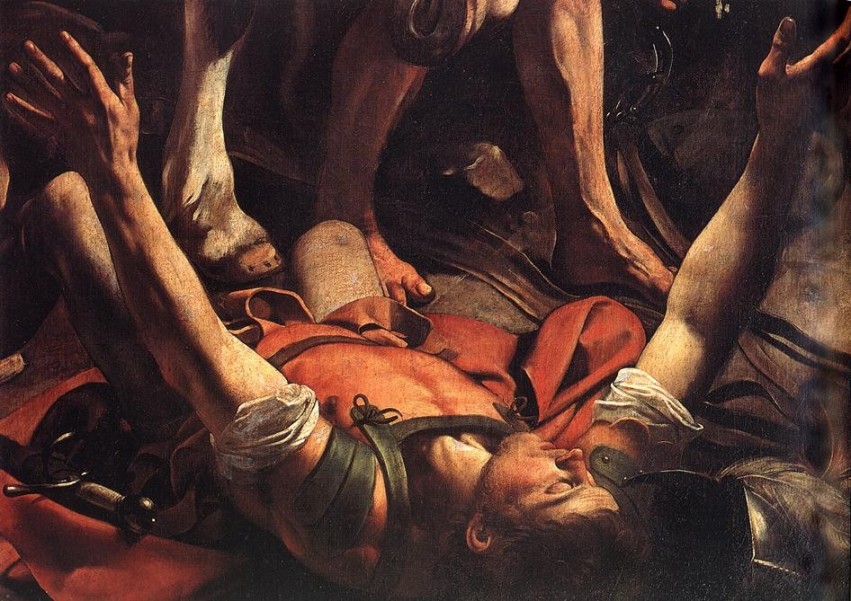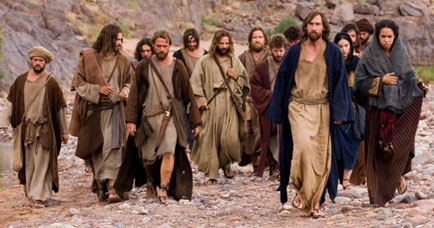![mother-teresa[1]](https://id916.files.wordpress.com/2014/02/mother-teresa1.jpg?w=869)
“But you, O Bethlehem Ephrathah, who are little to be among the clans of Judah, from you shall come forth for me one who is to be ruler in Israel.” (Micah 5:2)
How often does the wisdom of God prove to be radically different from the wisdom of mankind?
A good illustration of this is in the sixth chapter of John’s gospel. At first, Jesus’ disciples approach him because they are hungry. And, seeing their hunger, Jesus deliberately intensifies it by speaking of the “the true bread from heaven… which comes down and gives life to world.” This bread is better than the manna that fed their ancestors for years in the desert. This is the only bread one ever needs to eat. Naturally, His disciples are sold and salivating – resolutely declaring, “Lord, give us this bread always!”
And, after rising to a crescendo, with the next few lines Jesus loses more disciples than any other time of his earthly life. He says, “I am the bread of life… unless you eat the flesh of the Son of man and drink his blood, you have no life within you.”
What the disciples expected to get was not what Jesus was prepared to give. He was prepared to give something much greater. Likewise, throughout the whole Bible, what God tells His people to do often baffles them just as much as it baffles us nowadays. What our natural gut-instinct tells us will be effective is often the opposite of the solution the Lord gives. And doesn’t this shock us every time?
Just look at the very life of Jesus. Mother Teresa has great words that are pertinent here:
“You know, [we] don’t understand. Jesus came into the world with the most important message [and task] of all time and he had only thirty-three short years to communicate [and accomplish] it. And he spent thirty years doing nothing!” (I Loved Jesus in The Night, pg. 72)
Combine that thought with the fact that the climax of this “redemption” – this “Good News” – was to come through the brutal death of the protagonist and we throw up our hands in puzzlement. This plan for saving the world from all of its problems and redeeming creation itself is just simply not how we, as human beings, would go about things. We would come in with power, wealth, talent and a huge conglomerate wad of “the best the world has to offer.” God (in this world at least) reveals His glory in more magnificent ways.
Lloyd Greenhaw, a confident, jovial, shoot-from-the-hip, Texas rancher-type who leads international missions for Renewal Ministries all over the world, puts it like this: “We live in an upside-down world.” If you want to save your life, lose it. If you want life, you must die. If you want to be rich, become poor. If you want to be filled, be emptied. The list goes on. Just one look at the Beatitudes (Matt. 5) reveals how God’s idea of blessedness is a 180-degree spin from ours.
So, now the question: what does this mean for us as disciples?
Surely, we want to be great disciples. We want to produce fruit. We have (or we should have) a fountain of magnanimous aspirations boiling over within our hearts. Pope John Paul II recognized this when, in addressing young adults throughout the world, he said,
“It is Jesus who stirs in you the desire to do something great with your lives… the refusal to allow yourself to be grounded down by mediocrity.” (Prayer Vigil at World Youth Day 2000)
We want to be great and we should want to be great. But, how do we achieve greatness?
Jesus answered this for us. “Whoever humbles himself like this child, he is the greatest in the kingdom of heaven” (Matt. 18:4). And our hearts are pierced with bewilderment and wonder once again. How can this be possible? Because the ways of God are not the ways of man.
The disciple is not one who has just given some measly intellectual assent to a set of ideas, but one who has received the “spirit of sonship” so that now…
“When we cry, ‘Abba, Father!’ it is the Spirit himself bearing witness with our spirit that we are children of God, and if children, then heirs, heirs of God and fellow heirs with Christ, provided we suffer with him in order that we may also be glorified with him.” (Rom. 8:15-17)
Brothers and sisters, we are sons and daughters of God. Through God we are no longer slaves, but sons and daughters and, therefore, heirs to everything He has to give us (Gal. 4:6). This means two things.
First, once again, that we are born to be great. We should hunger for greatness, for glory and for producing magnificent fruit. Notice that when the disciples asked Jesus about how to achieve greatness (Matt. 18:1), He didn’t rebuke them – He answered their question. To not long for glory and for greatness is to not recognize the reality of who we are: namely, children of God.
Secondly, if we want to be great (and if we want to be great disciples), we must come, as children with empty hands, to our loving Father, being nourished by Him and Him alone. We must be made humble. We must become small. We must realize that the only way to have a “big impact” is to be totally present to the little and insignificant things we have to do at each moment. That in the very smallest things (like this moment right now), we meet the very greatest (the infinity of God’s presence).
In this way, we live as children – constantly and forever living in the presence of our Father, allowing His will to guide every inch of our lives. It is an eternal paradox of that “upside-down world” that if we want to be great, we must be small. It is in our smallness that we can rest more firmly in the embrace and power of our Father who loves us. How else could a woman that looks like this change so many hearts?
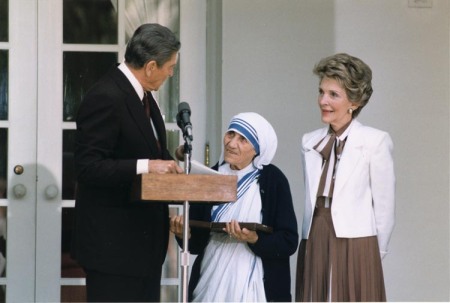
This is our privilege and our call – that you and I are each a child of God.
Brothers and sisters, let us live in that truth. Let us abandon ourselves totally to Him, allowing Him to purify us, in His Love, into the pure gold we are created to be. Let us trust our Father. Let us hope in Him. Let us love Him by a complete gift of ourselves. There is no other path for the disciple to take.
Scriptural postscript: pray with Sirach 3:17-24; Psalm 50:15-17; Micah 2-4; 2 Corinthians 12:1-10


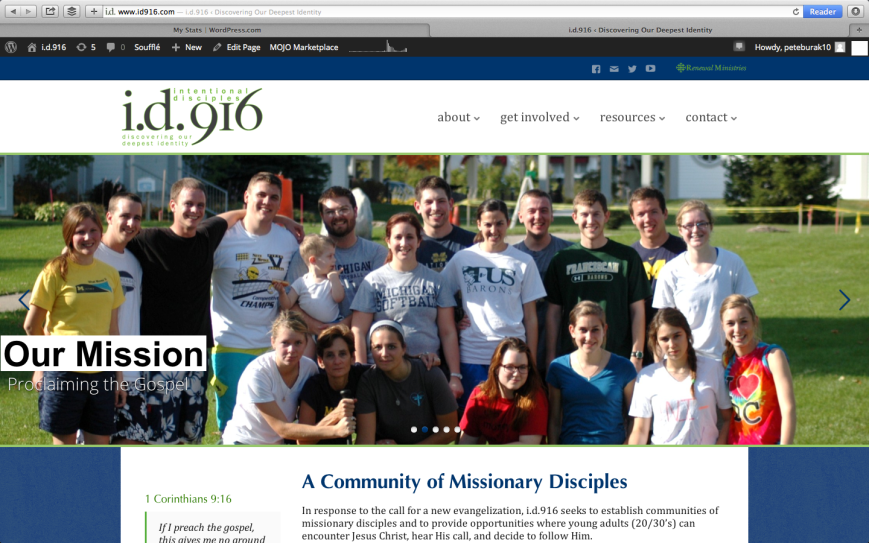
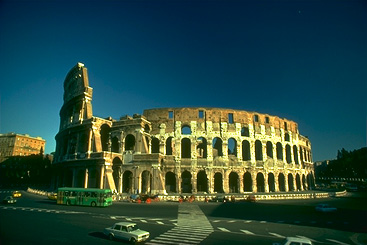


![mother-teresa[1]](https://id916.files.wordpress.com/2014/02/mother-teresa1.jpg?w=869)

